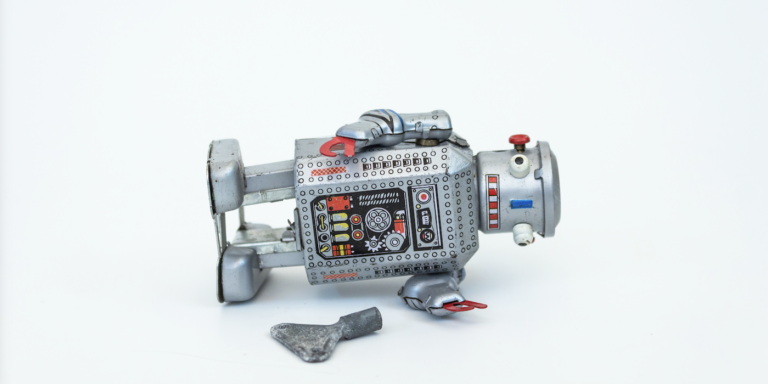For many businesses, machine downtime can cause major complications. If there is no preparation in place, interruptions to output can cause alarming outcomes for productivity and profit margins. A study commissioned by Oneserve indicated that machine downtime costs the UK approximately £18 billion a year.
There are suggestions that if this downtime was reduced, it could boost the UK economy at a time when it’s most essential, especially with the uncertainties of Brexit still looming. But what is the true impact of machine downtime in UK industry, and what solutions are available?
Machine downtime is certainly not planned and causes any manufacturing process to cease. With growing consumerism creating higher demand for products, fast and efficient machine procedures are critical to a firm’s success. But does the impact of machine downtime differ by industry?
In the global automotive industry, one minute of machine downtime can cost just under £17,000, while a British Airways technical failure in 2017 came with a price tag of £80 million, according to the airline’s CEO. Due to the rising reliance on technology across the board, machine downtime affects every industry; even computer systems can bring major costs to UK businesses if they were to go down, with average cost of £3.6 million a year for failures.
It’s not just the financial side that is affected by machine downtime – a company’s reputation is also on the line if it fails to meet a supplier’s demand, along with the stress on employees who must rectify the downtime.
How to calculate the costs of downtime
To calculate the costs of down time, you must first work out the following:
- Labour costs —The duration of the machine downtime period x the hourly pay rate of your operators to = your lost labour costs
- Product costs — The price of a single-unit product x by the total of items you produce in a certain period x by the machine downtime period
- Recovery costs — Work out how much it costs you for: machine reboots, energy surges, replacing/repairing parts, and retrieving lost data + your other calculations to get a more accurate machine downtime value
- Extra costs —Simply bear in mind that the value of machine downtime goes beyond profits lost during the downtown period
- Total cost – All the above costs + total cost of machine downtime. Ensure that you use the same units of time to work each section out for an accurate outcome (e.g. employee pay per hour, product output per hour, etc)
Solutions
With the costs of machine downtime being clear, it’s important for companies to ensure a plan is implemented to help reduce the negative impact. Statistically, more than half of machinery downtime is caused by hidden internal faults. it’s essential that you regularly check and maintain your machines.
Chris Proctor, Oneserve’s CEO, states that, “One of the most common technical faults is the overheating of particular parts, especially where there is metal on metal, as these can short electrical circuits and cause the machines to stop running.
“Vibrations, usually the first sign a machine is breaking, are another major cause of internal technical faults – they cause a cascading effect, which can have a devastating impact on the machine. General wear and tear, as well as operator misuse, can also be the cause of technical faults.”
Acquiring services such as industrial pump repairs, can reduce the risk of internal issues that can spark lengthy machine downtime if not identified. Adopt a preventative maintenance mindset and check your machines and computers for viruses, glitches, and inefficient parts that could cause a company-wide cessation of work.
Boost manager-to-operator communications so that those working with the machines in question can relay concerns, if they have any, before it’s too late. Commit your company by regularly updating your software, equipment and training staff to use machines and work stations properly.
For all industries, machine downtime is likely to occur. However, it doesn’t have to spell disaster. Bear preventative methods in mind and make sure to keep on top of downtime calculations so that you have an accurate oversight of the effect of downtime on your staff, processes, and profit margin.





